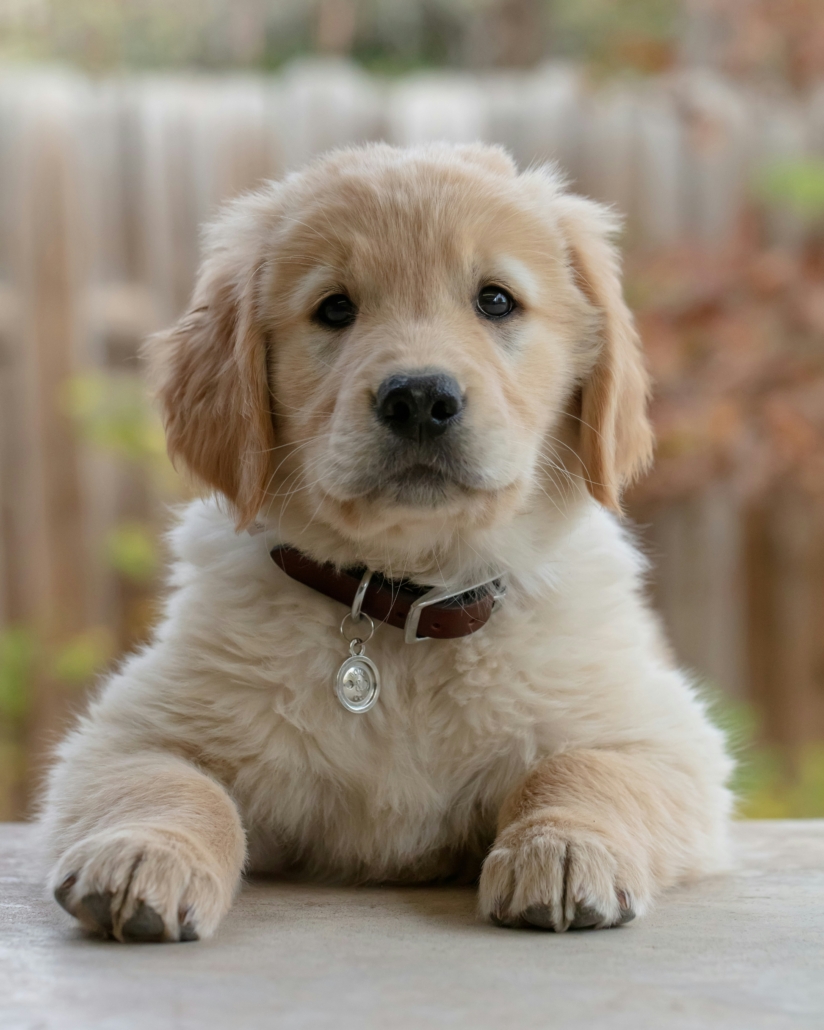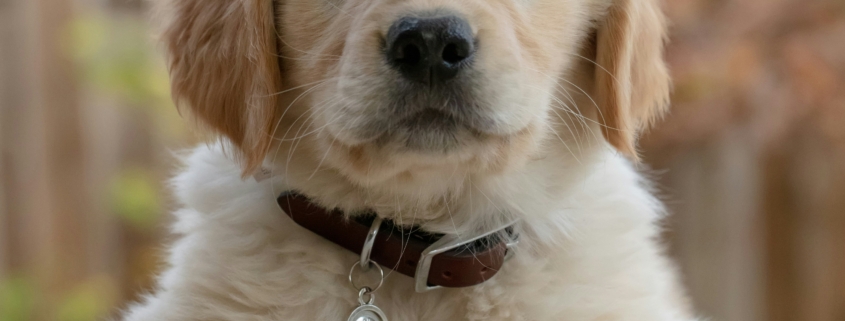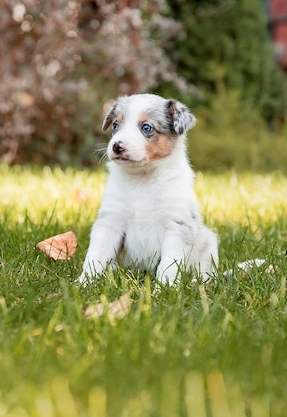7 Tips for Sufficiently Puppy-Proofing Your Garden
 As both a fur parent and a gardener, you may have dreamt of having ideal moments where your puppy just prances around in your garden while chasing butterflies. However, if you know how puppies actually behave, the reality is that it’s you who’ll be chasing your puppy around the garden—perhaps trying to get them to stop digging up your carrots and potatoes.
As both a fur parent and a gardener, you may have dreamt of having ideal moments where your puppy just prances around in your garden while chasing butterflies. However, if you know how puppies actually behave, the reality is that it’s you who’ll be chasing your puppy around the garden—perhaps trying to get them to stop digging up your carrots and potatoes.
How will you be able to let your puppy enjoy your backyard without sacrificing the garden you worked so hard to tend? The answer, fortunately enough, is pretty simple. With a bit of investment in proper fencing and a lot of vigilance and awareness, you can ensure that your dog can happily frolic outside without destroying your precious vegetable patches and flower beds. Below are some suggestions you can implement to protect your garden from your adventurous little pup:
1) Use Appropriate Fencing
The most practical way to keep your puppy out of your vegetable or flower garden is to enclose it with proper fencing. If you have a short-legged dog, say a Dachshund or a Corgi, a very tall fence may not be necessary. However, if you have a jumper or a medium-sized dog breed, you might find yourself needing to upgrade your fencing after only a year or two.
For medium-sized pooches, a 5-foot-tall fence should work well. This could be made of sturdy wood planks or chain links. Don’t forget that dogs love to dig, so make sure that your choice of fencing accounts for this behavior.
A puppy that grows into a large dog may love to walk around your garden. Keep them in check and within the perimeter of your fencing with gear like Martingale collars, harnesses, and leashes. That way, you won’t worry whenever your growing dog leisurely strolls among your raised beds and flower patches.
2) Secure Your Fertilizers and Gardening Tools
Fertilizers and gardening tools pose potential hazards to inquisitive puppies. It’s urgent that you store these items in locked cabinets or high shelves to prevent accidental ingestion or injury. In addition, consider using pet-safe fertilizers and organic gardening practices to minimize risks while maintaining a lush and thriving garden environment.
3) Dispose of Broken Pots and Sharp Metals
Broken pots and sharp metallic wires and scraps are accidents waiting to happen when it comes to your puppy. Due to their naturally inquisitive nature, your puppy could accidentally bite on broken ceramics or terracotta, which could cause them significant injury. Don’t rule out the possibility of scrap metals and wires from previous garden projects being actually ingested by your puppy as well.
To prevent these scenarios and make your garden more puppy-friendly, safely dispose of any broken pottery and store sharp objects such as garden shears and trowels in designated storage containers. Also regularly inspect your garden for any debris or hazards that could pose a threat to your playful pup.
Many common garden plants are toxic to dogs if ingested, posing a serious health risk to them. In 2021, the American Society for the Prevention of Cruelty to Animals (ASPCA) Animal Poison Control Center handled as many as 4 million cases of pet toxicity. Most cases were due to toxins from plants and houseplants that trended during the height of the COVID-19 pandemic.
To ensure your puppy’s safety around your garden, identify and remove toxic plants such as azaleas, lilies, and daffodils from your garden beds. Replace them with pet-friendly alternatives such as lavender, marigolds, and rosemary to create a safe and beautiful landscape for both you and your furry friend to enjoy.
5) Keep Your Composting Area Out of Reach
A compost pit is a gardener’s secret to a lush and organic garden. However, it may also contain harmful materials and present a potential entrapment hazard for curious puppies.
For your puppy’s safety and your peace of mind, secure compost bins with tight-fitting lids or consider storing them in elevated areas inaccessible to your canine companion. Also do your research on proper composting practices to minimize odors and discourage digging behavior around composting areas.
6) Cover Exposed Soil with Puppy-Safe Mulch
Exposed soil can be an irresistible invitation for digging and exploration for your playful pup. But that also means that your puppy might accidentally dig up your prized veggies and plants.
You can discourage their digging behavior by covering garden beds and bare soil areas with puppy-safe mulch. Avoid mulch that’s toxic to dogs, like cocoa bean mulch, and opt for mulch made of cedar, pine, or other pet-friendly materials.
7) Supervise Young Puppies Outside
Puppies are much like little toddlers that need supervision, especially when running around in the yard. While you can do your best to take away most of the hazards in your yard and garden area, you never really know where their mischief will lead.
Always keep a watchful eye on your canine buddy, especially when they are in their exploratory stage. Use positive reinforcement and gentle redirection to guide your puppy away from potential hazards and encourage positive behavior in the garden.
Through tips like these, you’ll be able to maintain a garden oasis that’s both inviting and safe for your beloved puppy. Perhaps you’ll indeed be treated to moments of bliss, like when your puppy discovers those butterflies visiting your flowers in bloom. Take the effort to engineer a puppy-safe environment in your garden, and you’ll remain happy and at peace as far as both your puppy and your plants are concerned.


Leave a Reply
Want to join the discussion?Feel free to contribute!